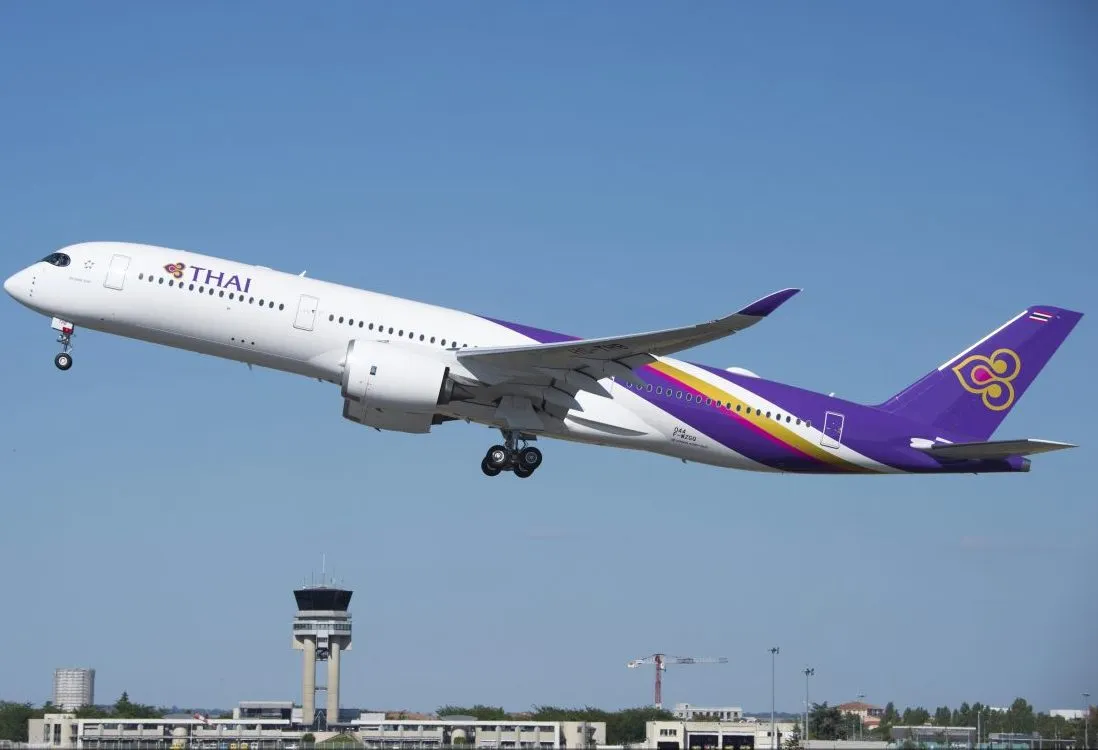Airline Software Startup Flyr Buys Pace Revenue to Expand Into Serving Hotels

Skift Take
FLYR Labs, an LA-based startup that sells revenue optimization software to airlines, said on Tuesday it had acquired Pace Revenue, the UK-based seller of rate-setting tools for hotels and lodging companies.
The companies didn't disclose the terms of the transaction.
Flyr Labs has raised more than $150 million in funding from investors including JetBlue Airways’ corporate venture arm JetBlue Technology Ventures. Pace had raised about $5 million in funding, according to Crunchbase, from investors such as InterGlobe, the group behind India’s largest airline IndiGo, as well as Seedcamp, Speedinvest, and Amadeus Capital Partners.
Until now, Flyr Labs had focused on airlines as target customers. It has focused on helping airline commercial teams make the most of their data and supply-and-demand patterns for coordinated efforts at selling fares and other upsells at optimal prices.
Flyr Labs said it will begin offering similar services to hotels.
Pace Revenue, co-founded by Jens Munch and Jason Pinto in 2016, has more than 1,000 hotels as clients, totaling more than 120,000 rooms. It said it takes a different approach to revenue management, or the practice of setting rates based on supply and demand signals, including from a property's own data, compared to many other providers. It attempts to divine the price sensitivity of customers and automates updates for each room, night, and lead time. While many providers update prices about four times a day, Pace updates every hour at what it estimates are ideal occupancy levels.
Structural Reasons Why Hotel Is Behind on Tech
The travel sector hasn't gotten savvy enough with using technology for behind-the-scenes operations. Yes, they've automated some manual processes, or "decision support" — where you know what you want to be done and have computers help you do it. But the medical, financial, and e-commerce sectors have gone further and adopted "decision intelligence," which is where you trust the software's intelligent recommendations on how to respond to data-based signals rapidly.
The structural reason why hotels are broadly behind the digital transformation wave is the typical split ownership and management structure. Many real estate owners and management companies point fingers at each other about who should pay the bills for tech upgrades. Many technology systems aren't yet efficiently sharing data, making it harder to interrogate data to get the most accurate results.
There's also too much power left at the general manager level, where people who aren't data scientists and haven't received advanced training use their intuition and rough rules of thumb to make decisions. There needs to be more trust in data.
Opportunity for Flyr?
The slow uptake of so-called deep learning techniques in travel offers an opportunity for players like Flyr Labs and Pace Revenue. Adding a layer of decision intelligence tools is less daunting than adopting a wholesale tech change like switching property management systems or other core software. Revenue management software can be run in controlled tests where owners can see whether the software boosts bottom line results, which makes it easier to evaluate than some other types of software.
Flyr Labs and Pace Revenue will face a challenge because IDeaS and Duetto are the two market leaders in revenue management software among top hotel companies. And customers they haven't won may be stuck in some of the issues mentioned above. Flyr Labs has also focused until now on the airline sector where there are perhaps only 200 to 400 potential customers, while the hotel sector has perhaps 600,000 hotels worldwide. The enterprise sales ground game will be different in hospitality.
Flyr Labs has been on an acquisition streak on the airline side. This year it has acquired Newshore, a Barcelona-based software business that helps airlines with selling, and Pribas, a German company that helps airlines with related functionality. It will likely have to make additional acquisitions if it aims to build out its offerings for the hotel and accommodation sector.
Increasingly, revenue management is blending into bigger operational topics beyond setting prices dynamically, such as staffing and occupancy optimization, distribution strategy, group displacement and other factors.
Pace claims to offer data warehousing along with business intelligence, not just rate suggestions.
"The travel industry has been dominated by fragmented data access, rules-based pricing decisions that are configured by hand, and a general lack of innovation," said Alex Mans, founder and CEO of Flyr. "Airlines and hotels alike must accelerate their adoption of new technologies such as AI and advanced decision intelligence solutions.”





